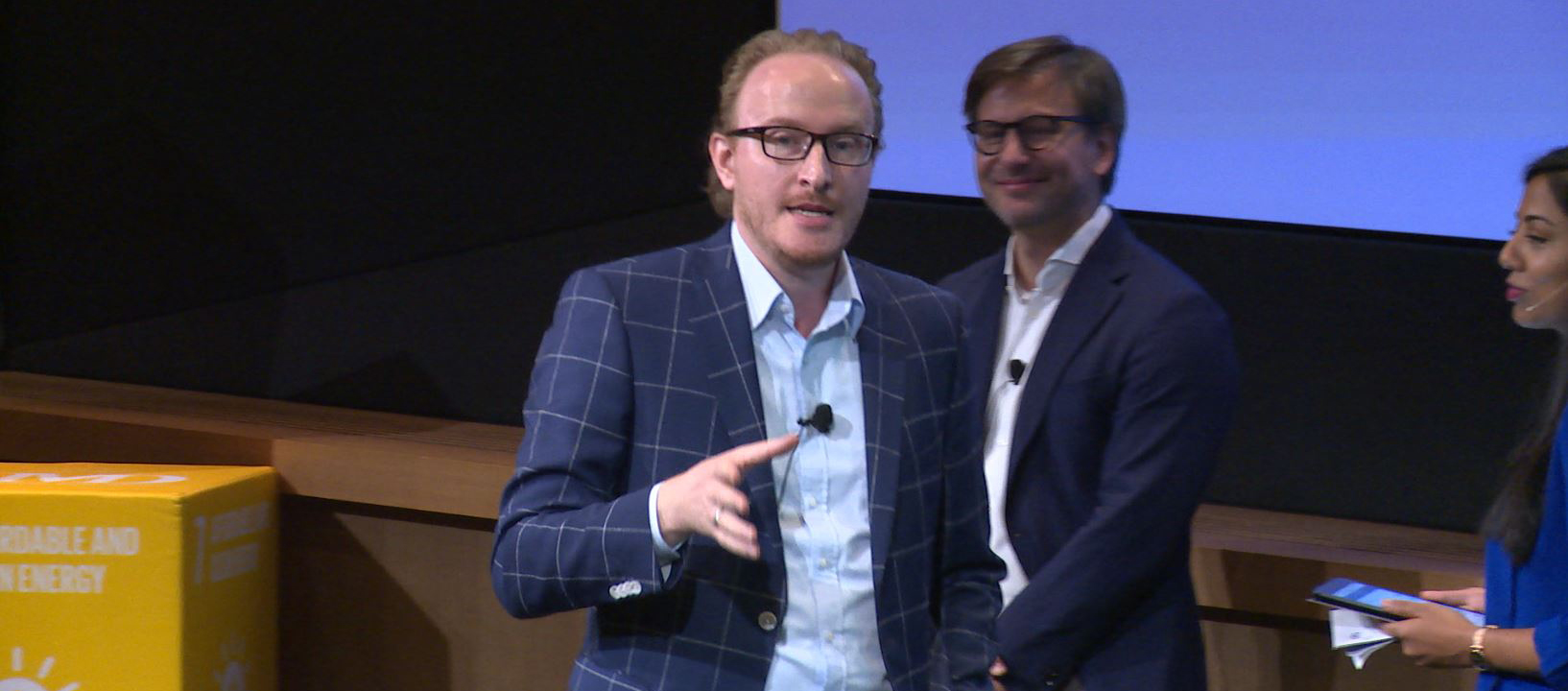
For many, thinking about the environment in China evokes a scene of citizens wearing masks due to dangerous levels or air pollution or severely contaminated water.
For Mark Greeven, China has both a big burden and a heavy responsibility to clean up its environment, but also offers many opportunities.
Is China motivated to act?
As the nation that emits the most CO2 and the home of 25% of the world’s plastic waste as well as a fast diminishing food supply, the IMD professor’s answer is a clear yes.
But it is also a breeding ground for some of the world’s boldest green initiatives; 25% of the world’s solar panels; a third of the planet’s wind turbines; the most comprehensive green finance mechanism and mobility solutions; and the world’s largest carbon trading market, amongst other things.
“Renewable energy is at an inflection point where it is actually cheaper than traditional energy in China,” said Greeven.
How can it change?
For Greeven, it is the commitment of China’s leaders that is driving change. The country is pushing other world leaders for a consensus on measurement standards and the planet’s first green guidelines, for example. Efforts to reduce coal consumption in China have already started to pay off. One proof point is Beijing exiting the list of the 200 most polluted cities in the world.
Who will drive change?
Business will be the solution to China’s environmental problems, according to Greeven.
But it’s not only companies. There is an ecosystem of companies, NGOs, civil society, and government that have driven initiatives that are beginning to show real promise.
For example, one NGO has started offering tours of polluted areas, then working with companies to map these areas and cooperate with government to find solutions to the problem.
WWF in China
Mark Greeven was joined by Rilito Povea, Deputy Director of the WWF based in Norway. Rilito, who completed an EMBA at IMD, said his organization was collaborating across sectors to tackle global challenges.
A former executive in the humanitarian sector, Rilito dispelled some of the myths about working with the government in China. He said WWF is seen as a trusted partner by officials in the country, and one of the communist party’s explicit goals is to promote an ecological civilization.
But there are some hypocrisies to its strategy, he pointed out. While reducing coal at home, the country is still promoting it in many ‘One Belt, One Road’ countries.
WWF works with both cities and companies in China to help them to hit peak emissions in 2030 and to encourage them to do their own work on reducing emissions once the NGO has laid the groundwork for them.
China may be ultimately motivated by ensuring its own food security, but both experts agreed that real progress will come about through partnerships between entrepreneurs, governments and civil society.
“It’s all about the collaboration but we’re not there yet,” said Greeven. “Only China can save the planet and I have a real hope that the country takes that responsibility and acts on it.”


